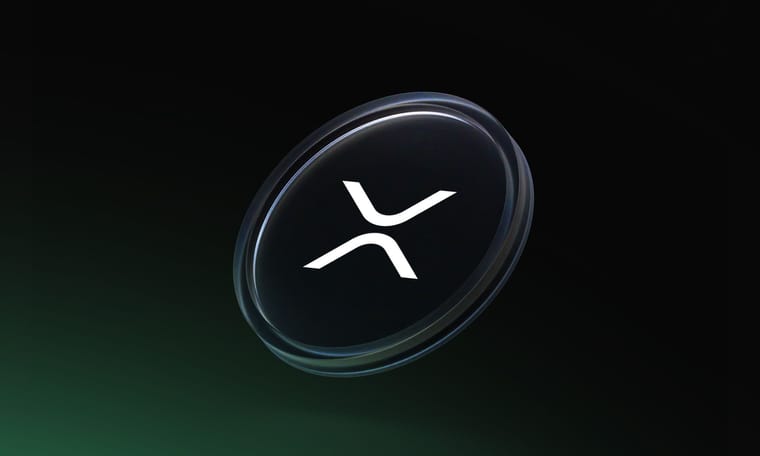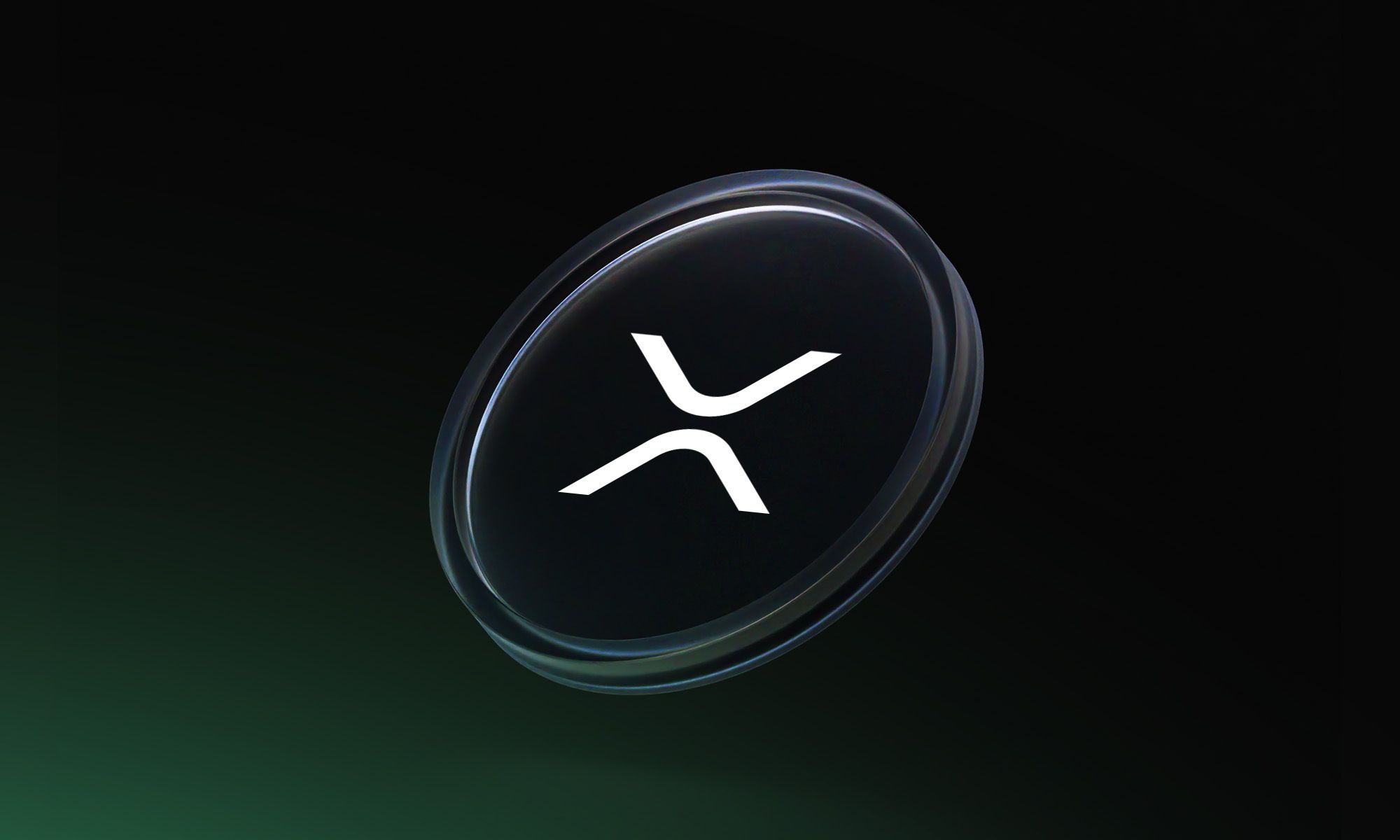💠 XRP: Crypto FAQ (Everything You Need to Know)
-

Whether you're a newcomer or just XRP-curious, this FAQ breaks down the essentials of one of the most talked-about digital assets in the crypto space.
 What is XRP?
What is XRP?XRP is a digital currency created by Ripple Labs to enable fast, low-cost cross-border payments. It's the native token of the XRP Ledger (XRPL) — an open-source, decentralized blockchain designed for speed and scalability.
 How fast are XRP transactions?
How fast are XRP transactions?Very fast. XRP transactions typically settle in 3 to 5 seconds, making it one of the quickest cryptos for sending money anywhere in the world.
 What makes XRP different from Bitcoin or Ethereum?
What makes XRP different from Bitcoin or Ethereum?Purpose: XRP is designed for global payments and remittances. Speed & Fees: Faster and cheaper than BTC or ETH. Consensus Mechanism: XRP uses a unique consensus algorithm (not Proof-of-Work), which means it's more energy-efficient. No Mining: XRP was pre-mined — all 100 billion coins were created at launch.🧠 Who created XRP?
XRP was launched in 2012 by Ripple Labs, founded by Jed McCaleb, Arthur Britto, and David Schwartz. Unlike Bitcoin’s anonymous origins, XRP has always had a known and active developer team behind it.
 What is Ripple, and how is it related to XRP?
What is Ripple, and how is it related to XRP?Ripple is a private fintech company building payment and liquidity solutions for banks and financial institutions. XRP is one of the tools Ripple uses for settlement and liquidity in their On-Demand Liquidity (ODL) service.
Important: XRP can exist and be used independently of Ripple the company.
 Is XRP centralized?
Is XRP centralized?This is debated. XRP Ledger is open-source and decentralized in design, but Ripple holds a significant portion of XRP tokens (in escrow). So while the network itself is decentralized, the distribution of coins is often seen as centralized by critics.
 ️ What happened with the SEC lawsuit?
️ What happened with the SEC lawsuit?In December 2020, the U.S. SEC sued Ripple, alleging that XRP was sold as an unregistered security. In July 2023, a judge ruled that XRP is not a security when sold on public exchanges — a major win for Ripple and crypto.
However, legal discussions and appeals are still ongoing.
🪙 What is the max supply of XRP?There are 100 billion XRP tokens in total. Around half are in circulation, with the rest gradually released from escrow by Ripple to ensure market stability.
 Who uses XRP?
Who uses XRP?XRP is used by:
Financial institutions (banks, remittance services) Crypto users for fast, cheap transfers Traders who see it as a speculative asset Builders on the XRP Ledger for DeFi, NFTs, and tokenized assets Can you stake XRP?
Can you stake XRP?No, not directly. XRP doesn’t use Proof-of-Stake, so it can’t be staked in the traditional sense. However, some centralized platforms offer “yield” on XRP via lending, though that comes with risk.
 Is XRP safe to use?
Is XRP safe to use?Yes — as safe as most major cryptos. The XRP Ledger has never been hacked, and transactions are final. But like any digital asset, store it safely (preferably in a non-custodial wallet) and beware of scams.
🧩 Is XRP good for beginners? Yes, especially if you want fast, cheap transfers or are interested in the real-world use of crypto in payments.
Yes, especially if you want fast, cheap transfers or are interested in the real-world use of crypto in payments. Not ideal for yield farming or smart contract-heavy use — other platforms like Ethereum or Solana are more focused on that.
Not ideal for yield farming or smart contract-heavy use — other platforms like Ethereum or Solana are more focused on that.
🧪 Bonus: What can I do on the XRP Ledger?You can:
Issue your own tokens (IOUs) Create NFTs Build DApps (with smart contract functionality coming via Hooks and sidechains) Trade on the native decentralized exchange (DEX)Final Thoughts
XRP is one of the OGs in crypto, and whether you're here for payments, tech, or trading — it's a project with real-world traction and a passionate community.
 Have more questions? Drop them below!
Have more questions? Drop them below!


















